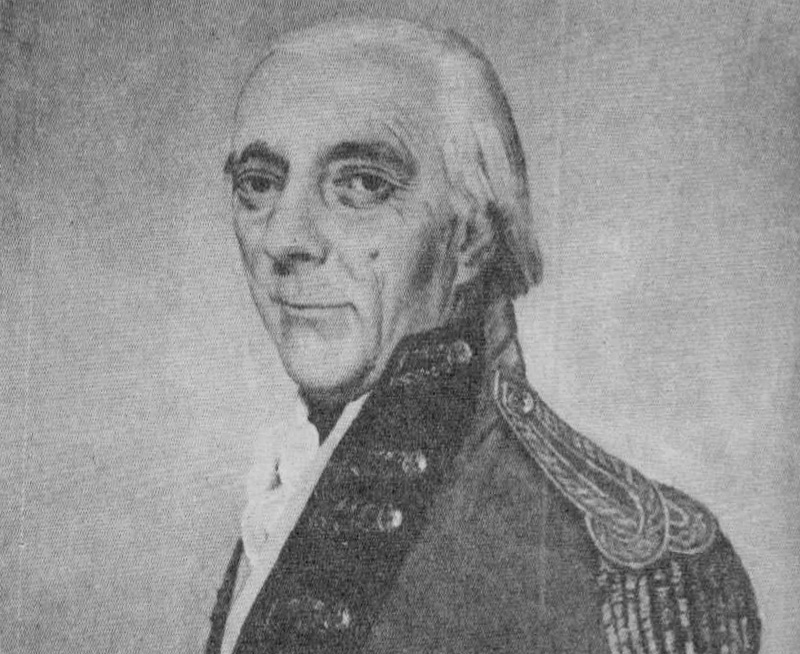
HISTORICAL EVENTS THAT TOOK PLACE ON THIS DAY IN CANADA
29 November

Thomas Carleton (1735-1817)
Officials Absent
One of the problems that hindered the development of Canada for many years was the absence of people appointed to do important jobs. On November 29, 1808, for instance, N. Francis Burton was appointed by the British Government to be Lieutenant-Governor of Lower Canada. He remained in Britain until 1822, but drew his salary. Then he came to Canada and stayed for ten years.
Many of the important positions in Canada were regarded as sinecures. General James Murray, who became Governor of Canada, after the fall of Quebec, until 1766, continued to draw pay as governor for eight years after he returned to Britain. When Sir Guy Carleton was Governor of Canada, his brother Thomas was made Lieutenant-Governor of the newly-created province of New Brunswick. He held the position for thirty-three years but was absent during the last fourteen of them. Yet, he was not without fortitude; on one occasion he traveled from Fredericton to Quebec on snowshoes to see his brother who was ill.
Many absentees were ministers of the church. The Rector of Sorel, an important military post, had a salary of 200 a year, but spent ten years of his term in England. Lord Plymouth said he was too charming a neighbour to be allowed to live in remote Canada!
The situation came to a head in 1823 when it was discovered that the Receiver-General of Lower Canada had stolen £96,000 of the provincial funds. French-speaking citizens of Lower Canada said this would not have happened if some of them had been given the responsible positions held by absentee British officials. Louis Joseph Papineau, who became one of the leaders of the 1837 rebellion, and John Neilson, editor of the Quebec Gazette, felt so strongly about this that they traveled to London to protest against a proposal to unite Upper and Lower Canada. They felt it would give English-speaking Canadians more power than ever. The union was delayed until 1840 and this probably delayed Confederation.
OTHER NOTABLE EVENTS ON THIS DAY IN CANADIAN HISTORY
29 November
-1729 French settlers at Fort Rosalie (Natchez, U.S.A.) were massacred.
-1745 A French and Indian force under Marin captured Saratoga.
-1760 The French garrison at Detroit surrendered to the British. This final defeat led to Pontiac's attempt to wrest control from the new British rulers (see May 7) .
-1773 British citizens at Quebec petitioned for an Assembly.
-1798 The Provincial Legislature of the Island of St. John changed the name to Prince Edward Island. The change received royal assent in 1799.
-1855 The Grand Trunk Railway completed the line from Montreal to Brockville. 1918 The Canadian Council of Agriculture meeting at Winnipeg, declared a national farmers' platform including reduced tariffs, free trade with Britain, and reciprocity with the United States.
-1962 Public Works Minister Fulton resigned to become leader of the Conservatives in British Columbia.